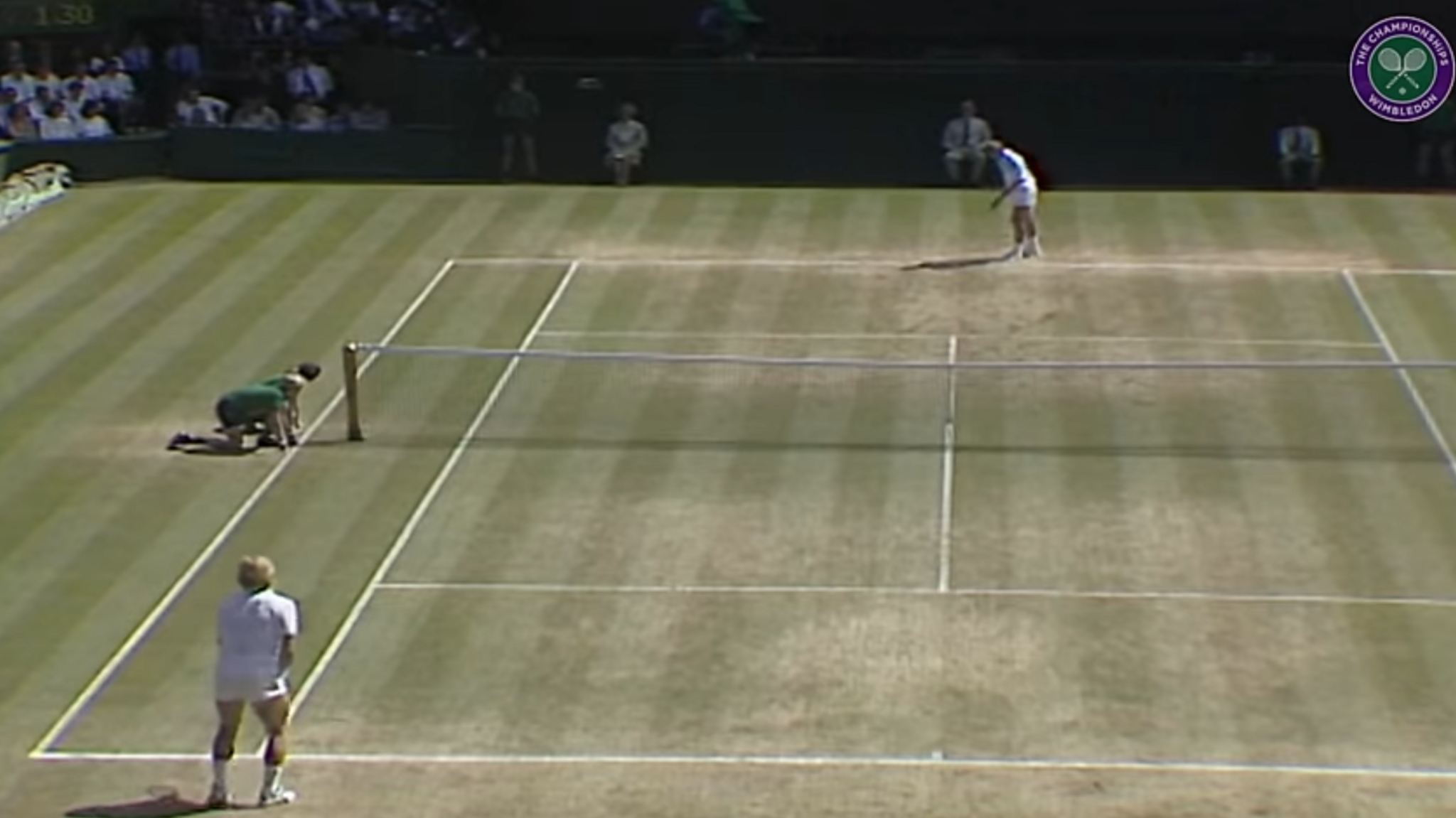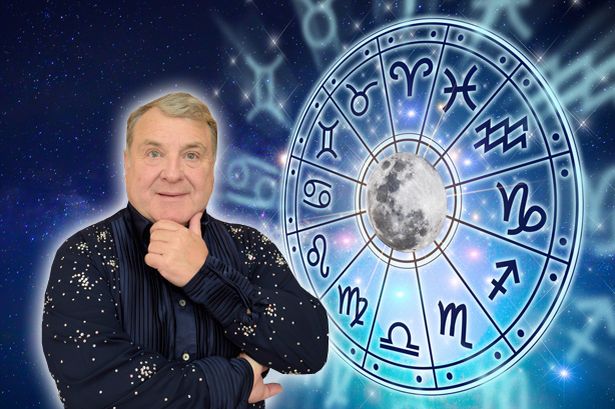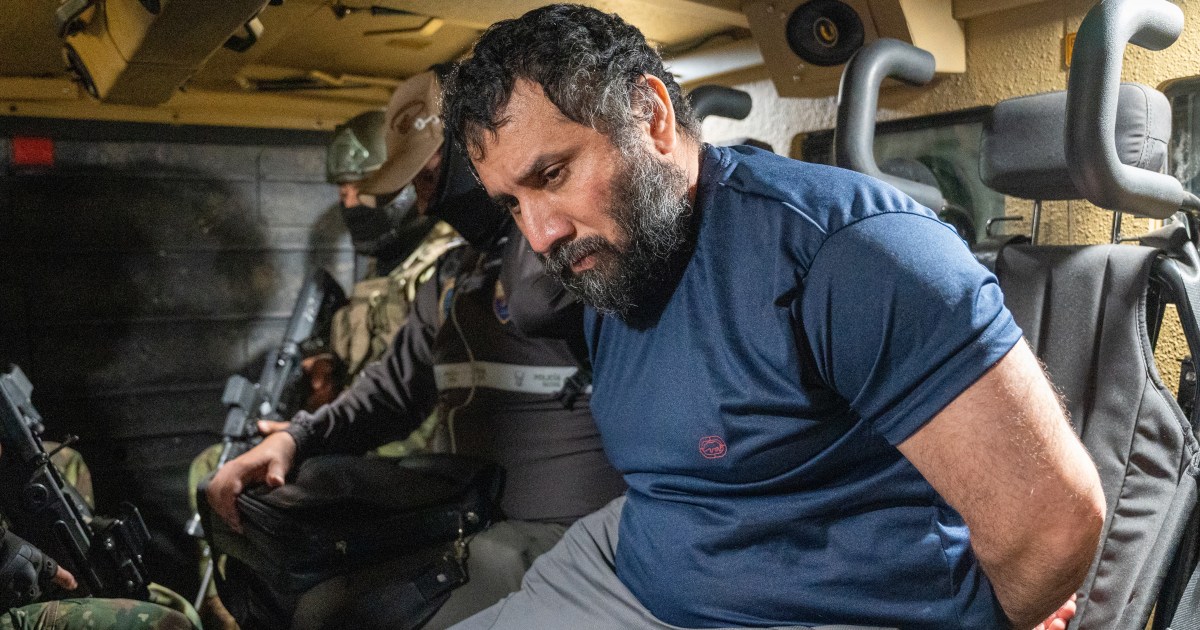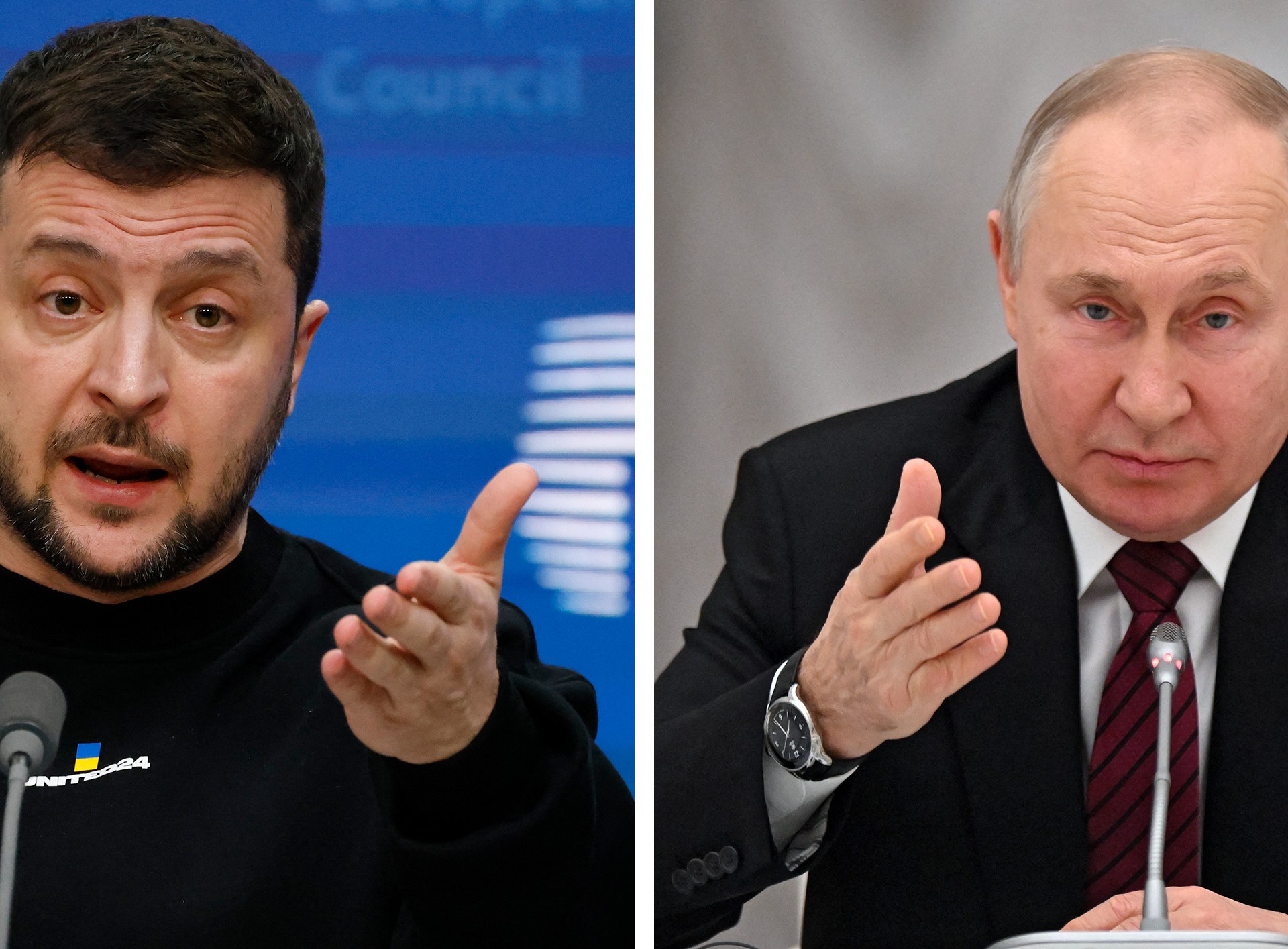Whether it is forehand, backhand or a slice, knowing what type of shot to play and when is key to winning tennis matches.
But so too is a player’s position on the court – with the very best in the world knowing where to be to anticipate a return, or to gain a few more valuable seconds to plan their next move.
Few are better masters of this art than Carlos Alcaraz, who is proving to be one of the most complete players on the tour at the moment.
Having won the French Open in his final match of the clay season, the 22-year-old Spaniard transitioned to grass seamlessly by winning Queen’s for the second time last week.
It sets him up perfectly for the pursuit of a third title in a row at Wimbledon, where his dominance of the court will once again come to the fore.
“He is so exciting,” former British number one John Lloyd told BBC Sport.
“He is so quick, lightning quick, groundstrokes are huge both sides. He has one of the best volleys on the tour, his serves are getting better and better.
“He is a showman and a great entertainer.”
From all over to behind the baseline – the evolution of play
To understand a bit more about why five-time Grand Slam champion Alcaraz is so good it is worth checking back on how tennis has changed over the years.
Playing styles have gone from almost every part of the court being covered by a player to the game now being predominantly fought out from behind the baseline.
Although improvements in grass maintenance will undoubtedly have played a part, this evolution can be seen in images from Wimbledon over the years, with more patches of wear evident on more areas of the grass in the 1970s and 1980s compared to more recent years.
The statistics that show the decline of the serve-and-volley game do seem to correspond with the changes to where grass wear at Wimbledon can be seen.
In 2002, serve-and-volley points in the men’s draw accounted for 32.6% of total service points won, but by 2018 that figure was down to 6.93%.
Wimbledon
1 of 4
‘He takes the tour to new levels’ – how Alcaraz dominates the court
The above detail is relevant because Alcaraz has shown he is adept at both styles of play.
In last year’s men’s final at Wimbledon, the old and the new guard were matched up for the second year in a row as Alcaraz faced 24-time Grand Slam champion Novak Djokovic.
There, Alcaraz dictated play with his speed and movement, causing Djokovic to lose confidence in his ability to live with his opponent from the back of the court and instead rush to the net.
It was a trap that worked as Djokovic won just 50.9% of his points at the net, compared to 72.7% for Alcaraz.
But the younger man was just as strong when staying on the baseline where once again his quick movement and powerful ball striking was too much for Djokovic, who was placed under near constant pressure by Alcaraz.
“In that final, Djokovic was only able to generate three break points and won one, whereas Alcaraz was able to generate 14 break points and won five, so there was constant pressure on him,” says Craig O’Shannessy, tennis analyst and founder of Brain Game Tennis, who has worked with Djokovic.
“And from the ground stroke department Alcaraz had too much firepower from the back, hitting 21 forehand winners while Djokovic hit six.
1 of 6
Alcaraz’s dominance of the court was once again on show at Queen’s and, at 22, he has already won four grass-court titles – as many as compatriot Rafael Nadal secured in his career.
Nadal, of course, was the ‘King of Clay’ given his brilliance on that surface, but Alcaraz is showing proficiency on all court types.
“It is never a letdown with this player,” said former British number one Andrew Castle, who was commentating on the Queen’s tournament.
“Expectation every time he plays is always high and it is just supreme performances lately week in and week out.”
“His movement is incredible,” adds O’Shannessy.
“His acceleration from the first two or three steps helps him get to balls other players can’t, and then also his recovery out of the shot is incredibly fast as well.
“When I saw him up close and personal for the very first time, I was blown away. I didn’t think people could move that well on a tennis court.
Video analysis and warm-up tricks – getting the edge on an opponent
Being able to anticipate a player’s movement on the court and the type of shots they will probably play is key to securing victory, which is why someone as unpredictable as Alcaraz is so hard to play against.
Most players fall into familiar patterns of play and studying those becomes important in attempting to secure the edge.
“Gabriel Diallo is a guy I work with and he was playing in Majorca recently, and for his match with Jaume Munar I sent a detailed game plan to him on how to face him,” says O’Shannessy.
“Things I’ll usually show will include where the serve’s going, what kind of serve he likes to hit, and then where on the court he’s more vulnerable to make errors, particularly forehand errors. Because they happen more often than anything else.”
Another important battleground can be the warm-up.
Rather than being – as it may seem to those watching – just two players getting ready for the match, it also presents an opportunity to see how the opponent will react to certain types of shots.
“In the warm-up you may want to disguise the type of shots you want to hit,” adds O’Shannessy.
“I think it’s probably more of an advantage at the club level because you don’t necessarily know the opponent or have scouting on them.
Can anyone stop Alcaraz?
Alcaraz heads to Wimbledon looking to complete a hat-trick of titles and, having won his past 18 matches in a row, he is in a strong position to do just that.
World number one Jannik Sinner – who lost out to Alcaraz in an epic French Open final earlier this month – will be looking to stop him, as well as Djokovic, the runner-up in the past two Wimbledon finals.
But they will know they face a tough task against a player in form.
“When he’s on it, he is the most complete player of his age I have ever seen,” Lloyd says of Alcaraz.
“You look at him already and he’s the finished package.”
Castle is similarly impressed, adding: “He is setting new standards along with Jannik Sinner, the current number one.
Related topics
- Tennis



















